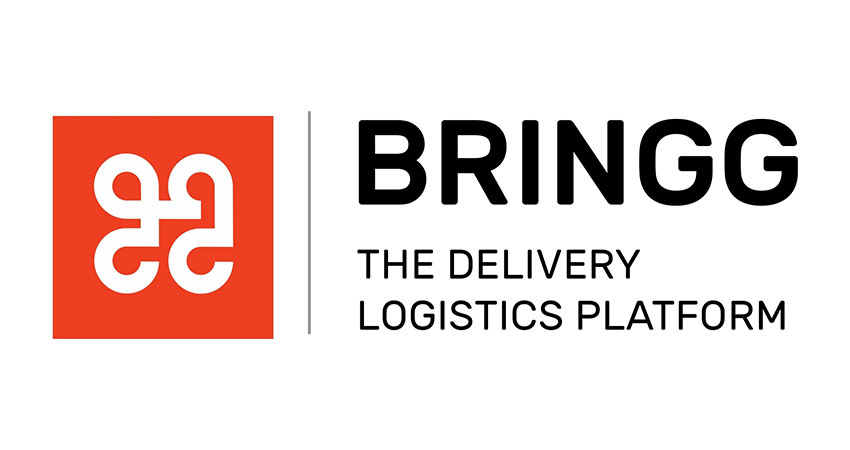Bringg, a logistics software provider in the retail, grocery, restaurant, pharmacy and 3PL categories, has raised $25 million in a Series C funding round to increase its market reach, invest in its team and step up its R&D efforts.
Bringg, the platform underlying Walmart’s Spark grocery delivery program, is focused on enabling retailers to achieve Amazon-like visibility, transparency and control over the logistics of their delivery operations.
The new round was led by Next47, the Siemens-backed global venture firm, bringing Bringg’s total funding haul to $53 million. Existing investors include Salesforce Ventures, Aleph VC, OG Ventures (Eyal Ofer’s VC arm), Cambridge Capital, Coca-Cola, Ituran and Pereg Ventures.
“Every vertical is being hit by the Amazon effect,” said Bringg CEO Guy Bloch, who came onboard last fall. “They’re facing the challenge of customers expecting more convenience, with everything in real time. All brands are realizing they need to offer more delivery options: Next day, click and collect, curbside, one hour, 30 minutes. And they’re not tech and logistics players so they find it a significant challenge to keep up with changes in the market.”
For major brands like Walmart, Panera Bread, Auto Zone and McDonald’s in Latin America, Bringg automates many aspects of the same-day delivery process, including driver schedules, route optimization, tracking maps, dispatching and driver and customer communications including proof of delivery and re-routing requests.
Bringg’s app-based platform integrates with third-party systems including logistics hardware that manage the Internet of Things, payments and fulfillment center operations (WMS, OMS). It also integrates with major delivery providers including Deliv, Door Dash, Postmates and Uber, visualizing, orchestrating and automating the delivery processes using its algorithms.
Bloch said early on many in the industry, including investors, confused Bringg with the delivery providers it worked alongside. “Then they realized how disruptive we are, how exposed brands are and how much help they need,” he said. “We put the power of delivery logistics back in their hands, instead of them being dependent on others. Now they’re getting a very different experience, literally controlling and owning their destiny again.”

